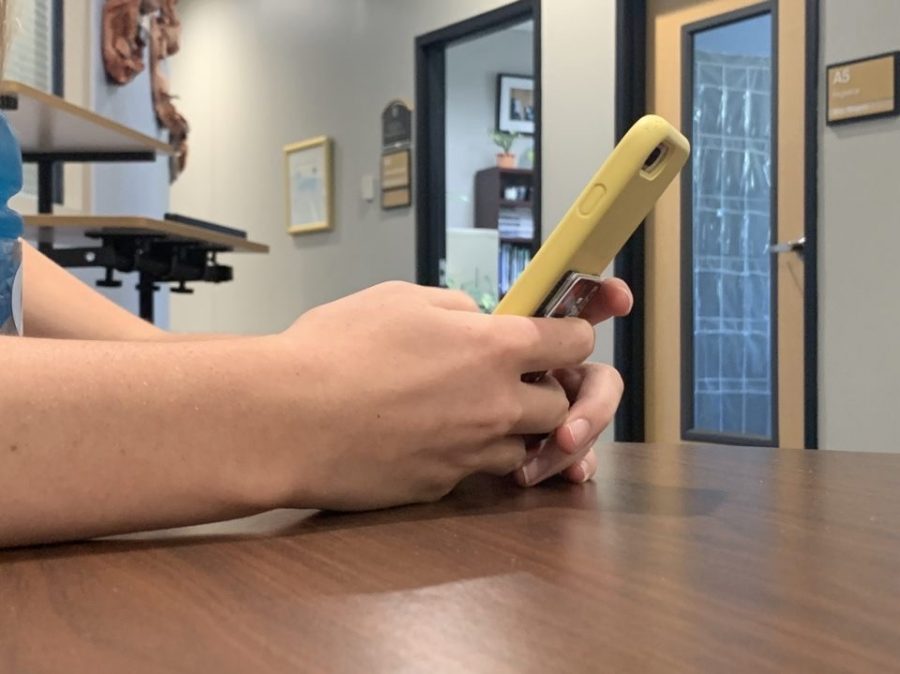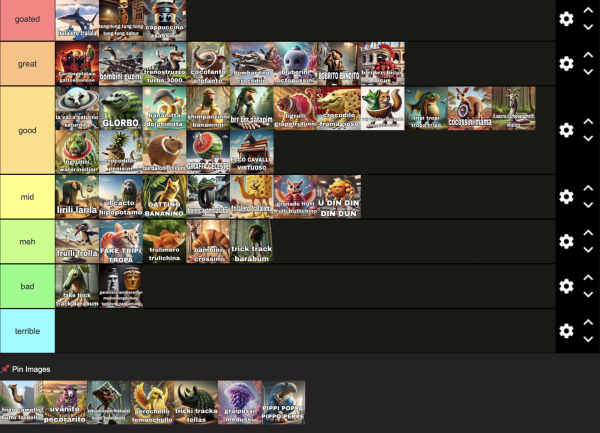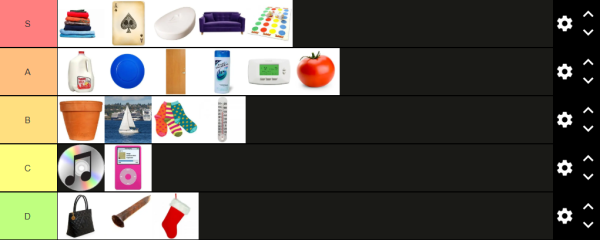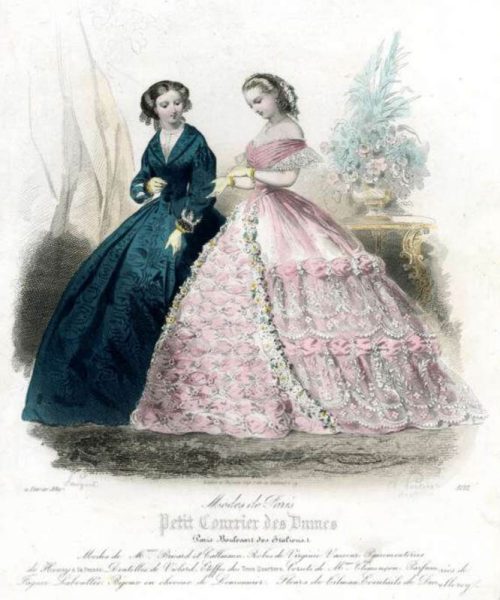Social Media’s Influence on Developing Brains
To say that technology has taken off in the last decade is an understatement. The advances in high-tech devices has provided us with better ways to communicate, gain knowledge, complete simple household tasks, share one’s interests with others, and it’s helping me write this article right now. The list goes on and on. However, while technology has significantly improved our lives in some areas, there are two major aspects of technology that could be a danger to young people.
I’m talking about social media and the early use of devices.
Of course I can’t make a claim about social media usage without stating some evidence. And believe me, this is some shocking stuff. In the United States, tech use starts at an early age; one TIME article reported that “6-Month-Old Babies Are Now Using Tablets and Smartphones.” I’ve seen toddlers using phones to play games to keep them distracted while their parents run errands (more on that later), but I had no idea that a child under a year old could even use a device. And that’s not all: 38% of 4-year-olds now spend at least an hour a day on phones. Maybe that just seems unusual because many children in my generation were taught to behave and entertain themselves without a device in their hand. We didn’t need to be controlled by screens and mind-numbing games to calm ourselves down.
The idea of small children using devices is not only absurd, it’s dangerous. Florida Tech University did a study on how screen time affects child development, and it can damage one’s attention span, limit their physical activity, stunt their emotional growth, and even prevent them from learning to communicate with people. What’s concerning is that this problem extends far beyond childhood. According to the Pew Research Center, 95% of teenagers (aged 13-17) now have access to a smartphone and a vast majority of them use social media platforms regularly, citing Instagram, Snapchat, and Facebook as the main sites. That might not be too astonishing, seeing as digital connection is now embedded in our culture, but wait until you hear this: 45% of teenagers say that they are on their phone all the time. The fact that nearly half of the teenage population cannot tear themselves away from screens is remarkable.
But social media isn’t inherently bad. A platform simply serves as a forum for sharing ideas and spreading news, right? Not always. 24% of teenagers in the Pew Research study indicate that social media has a negative effect on their lives and that it allows bullies to hate and belittle others, often anonymously. Others’ stance is that it serves as an unnecessary distraction, provides a false image of others’ lives, and, like I mentioned above, limits personal interaction. Mrs. Jolie Joseph, a math teacher at CCES, comments, “Because social media can be such an issue, I don’t even have it. I feel like it would become a problem for me, keeping up with everything.”
But can’t people just control themselves better? It’s not that easy, according to the Addiction Center. Nearly 10% of people are addicted to social media, and the reason why is troubling. Similar to gambling or doing drugs, continually getting likes and comments on social media posts releases dopamine and triggers the reward system in the brain, ensuring that the platform is being used over and over again. Social media is also dangerous for what the Addiction Center labels as Psychological dependency. They argue:
“When social network users repeat this cyclical pattern of relieving undesirable moods with social media use, the level of psychological dependency on social media increases.”
Psychological dependency. Obviously, addiction is an extreme example of how social media can plague our lives, but the dopamine reward pathway is still a chemical part of our brains, whether you have Instagram or not. And even before social media was created, the urge to feel liked and accepted by the people around you was still felt. It’s just become easier than ever to feed that urge in an unhealthy way. Twyla Roberts, a junior at CCES, shares her insight. “It [social media] is fun, but it shouldn’t consume your life. It’s not the end of the world if I’m not on someone’s story.”
Devices and social media are tools, and they should be used in moderation. There’s nothing wrong with communicating with others and sharing ideas in a positive way, but when it gets to a dependent level, that’s when a line has been crossed. It shouldn’t be a distraction or an emotional regulator. And especially at our age, we need to be aware of these tendencies and check ourselves before it gets out of hand.









